News
05. July 2022, Topic: Aquatic Ecotoxicology , Soil Ecotoxicology , Sediment Ecotoxicology , Risk Assessment

MAS Toxicology in Geneva from September 2022
This part-time course is addressed at recently graduated students who are already in employment.
Read more01. July 2022, Topic: Risk Assessment
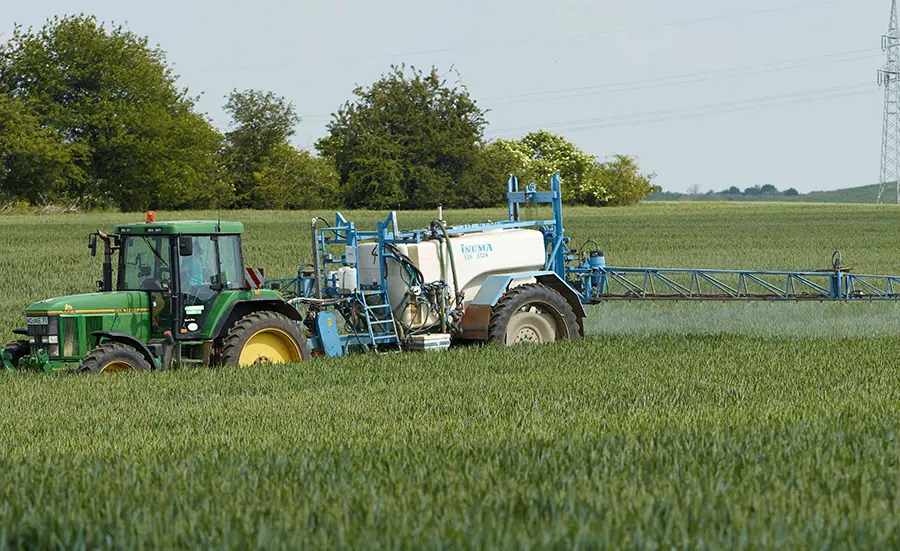
Forecast reliability within the authorisation of plant protection products
In a new project, the Ecotox Centre is investigating the need for action in the authorisation procedure for plant protection products and their monitoring.
Read more30. June 2022, Topic: Aquatic Ecotoxicology , Soil Ecotoxicology , Sediment Ecotoxicology , Risk Assessment

New laboratory manager in Lausanne
On 1 May 2022, Emmanuelle Rohrbach took over the management of the Ecotox Centre Laboratory in Lausanne. Welcome, Emmanuelle!
Read more24. June 2022, Topic: Aquatic Ecotoxicology , Soil Ecotoxicology , Sediment Ecotoxicology , Risk Assessment

Ecotox Centre at Eawag's Info Day, 15 September 2022
This year's Info Day on the topic of "Dynamics of Water" focuses on the monitoring of surface waters. Benoît Ferrari will present the newly developed concept for sediment quality assessment.
Read more14. June 2022, Topic: Sediment Ecotoxicology , Risk Assessment
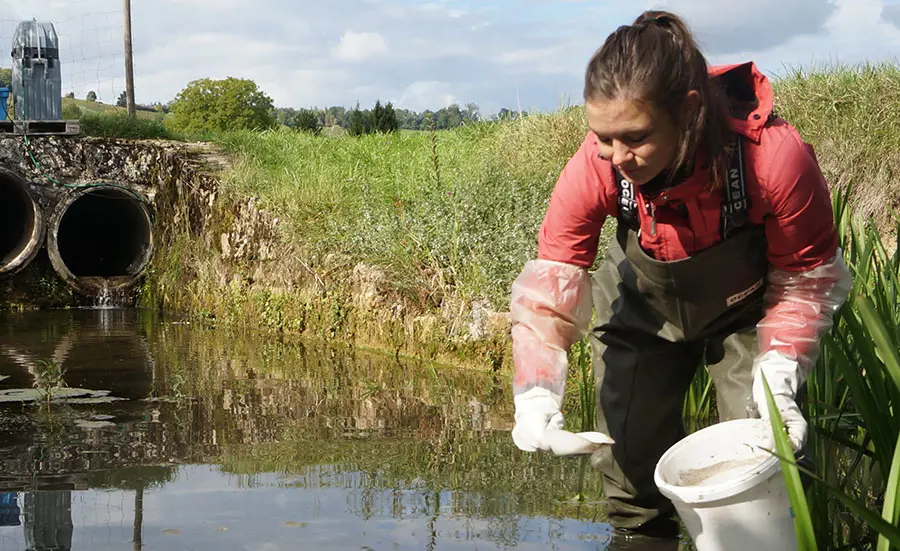
Updated version of sediment report
The expert report on a strategy for assessing sediment quality in Switzerland has been updated.
Read more03. June 2022, Topic: Risk Assessment
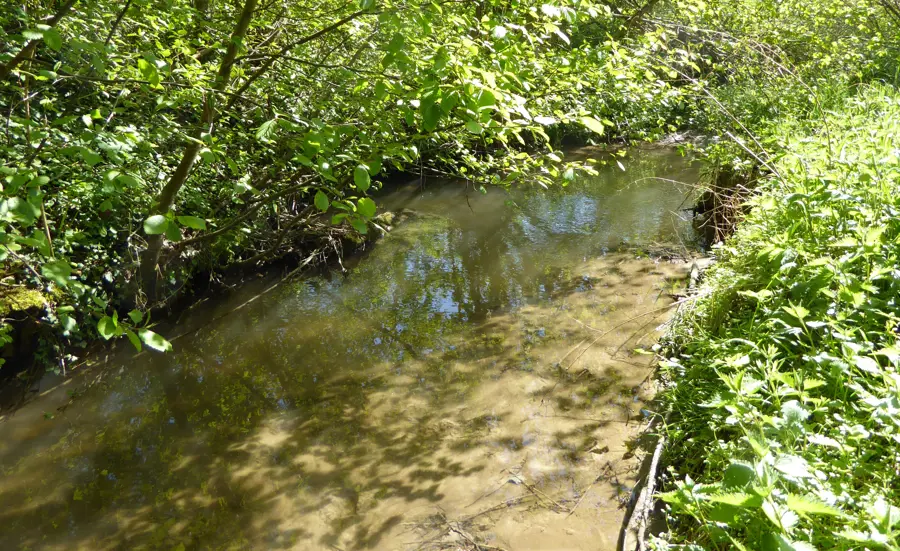
Additional quality criteria available
The Ecotox Centre has derived a large number of quality criteria and published them on its website. It now provides quality criteria for additional substances that have either been determined by other organisations or for which no complete data research has been carried out.
Read more25. May 2022, Topic: Sediment Ecotoxicology , Risk Assessment
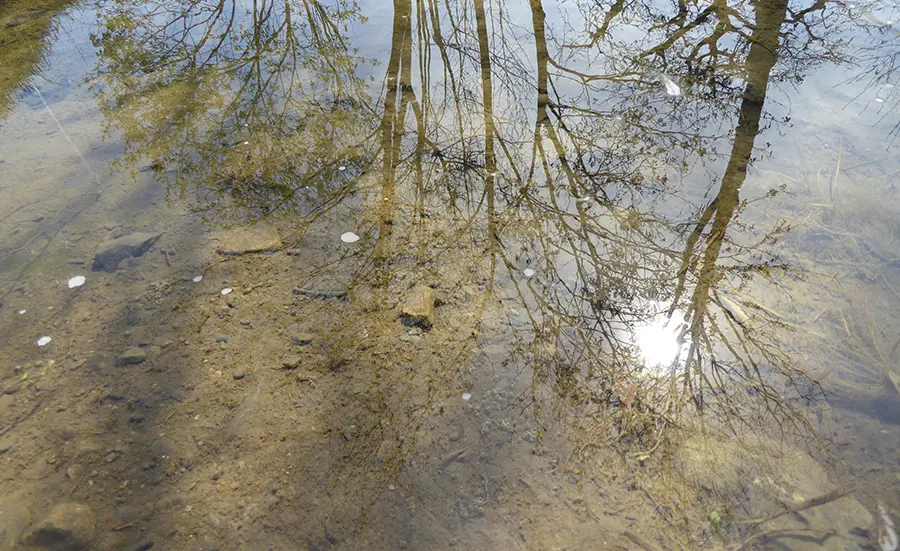
Pollutant monitoring in Swiss sediments
The Ecotox Centre has developed a strategy for assessing sediment quality. In the strategy the measured concentrations of individual substances of concern are compared with newly developed sediment quality criteria. The method has been applied to Swiss sediments giving an initial idea of their current state.
Read more24. May 2022, Topic: Aquatic Ecotoxicology , Sediment Ecotoxicology , Risk Assessment
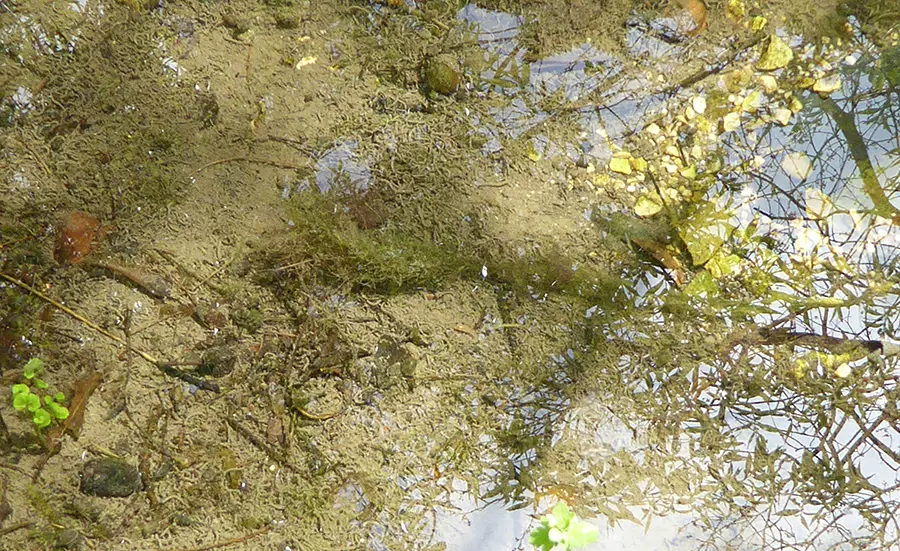
Sediment quality criteria new on website
Sediment quality criteria (SQC) can be used for sediment quality assessment by comparing environmental concentrations of the target substances with the corresponding quality criteria. The Ecotox Centre has developed SQC for 20 prioritised substances or substance classes.
Read more23. May 2022, Topic: Aquatic Ecotoxicology , Soil Ecotoxicology , Sediment Ecotoxicology , Risk Assessment

New faces at the Ecotox Centre (2)
We welcome our new colleagues Sibylle Maletz und Gianna Ferrari.
Read more19. May 2022, Topic: Aquatic Ecotoxicology

Sensitive bioassays on HPTLC plates
The Ecotox Centre has advanced an innovative method to sensitively determine the toxicity of unknown mixtures and unmask the responsible substances. This is not only interesting for food safety, but also for environmental analysis.
Read more